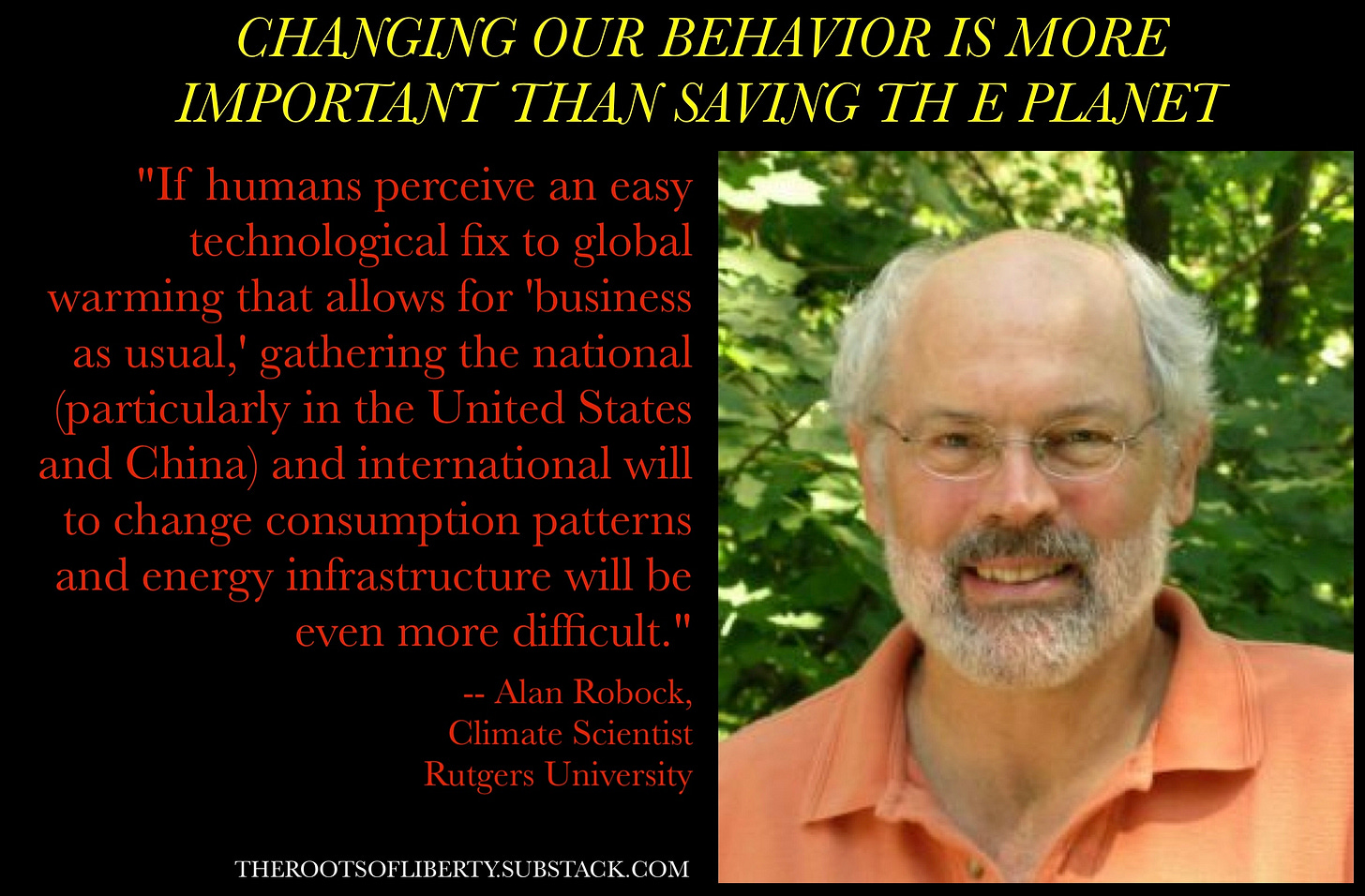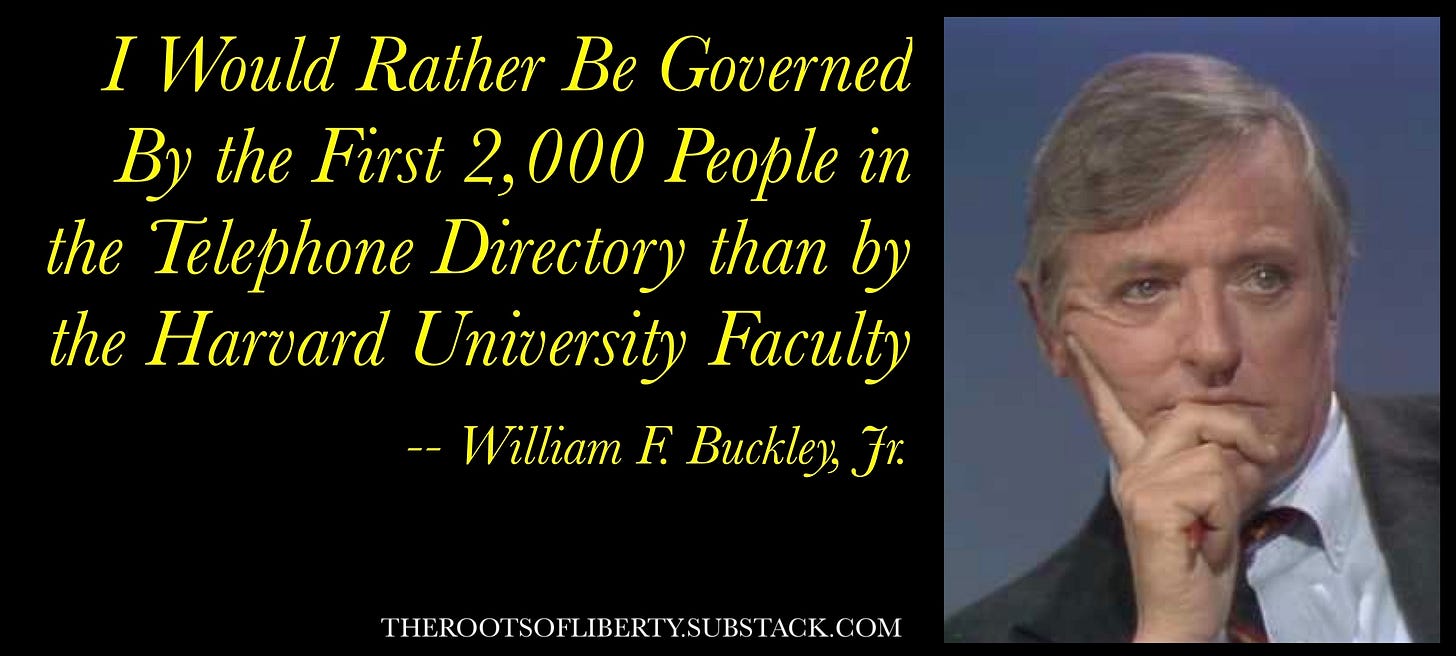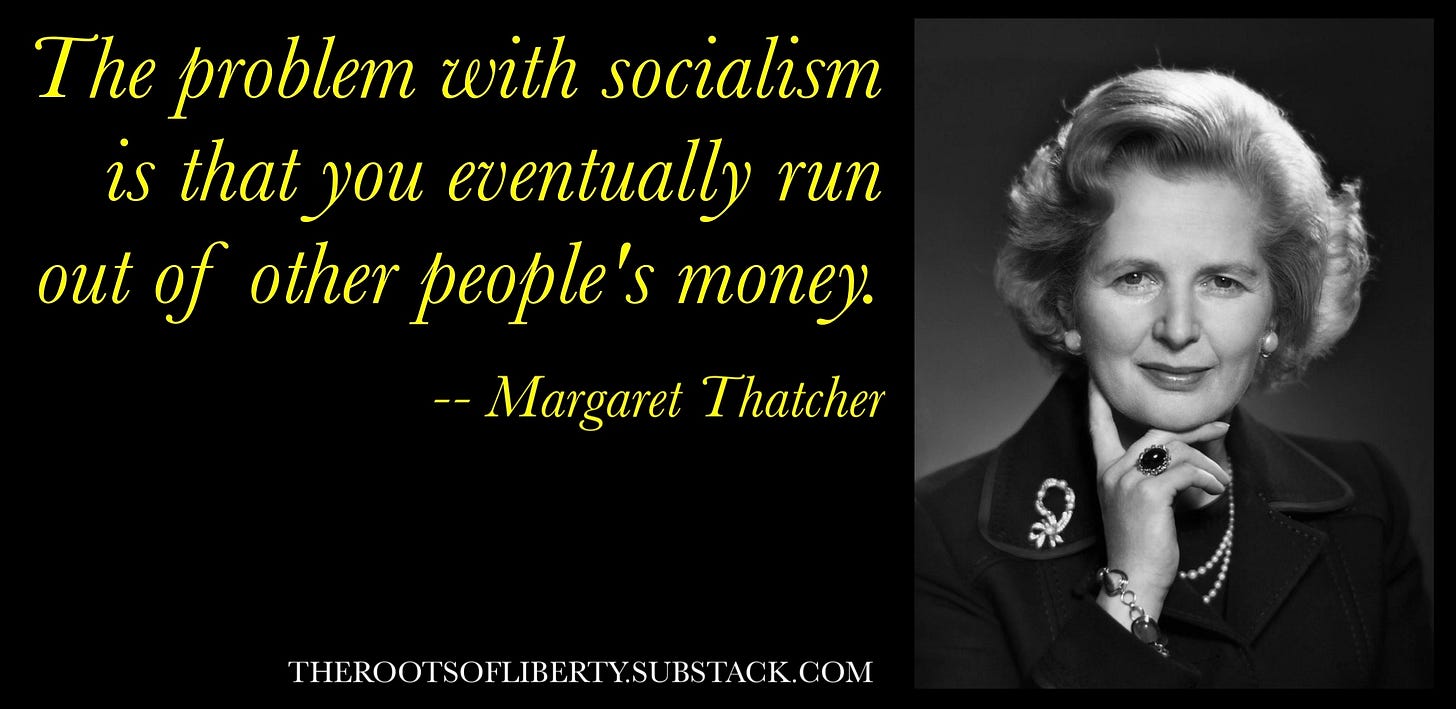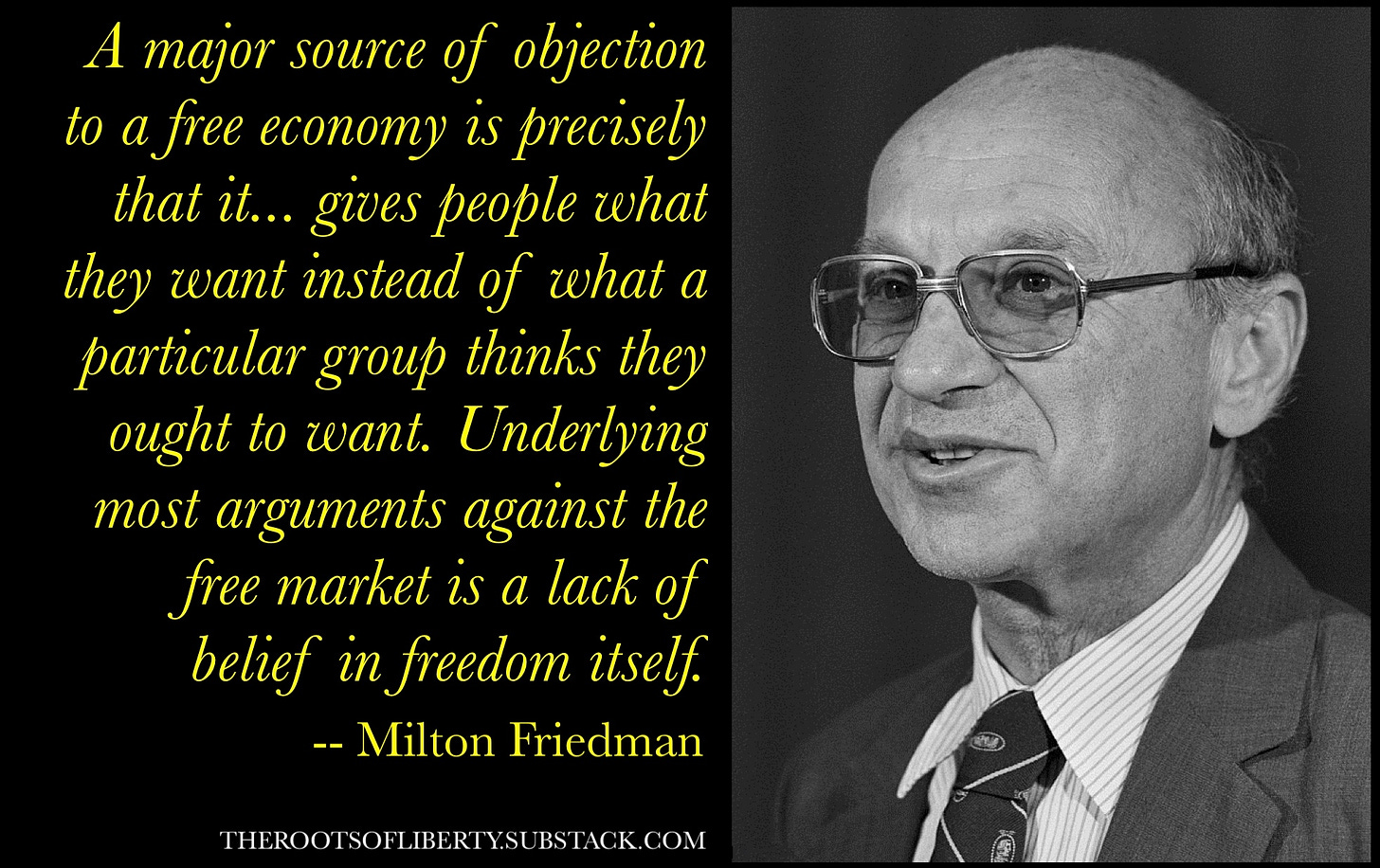
The Democrats' tax and climate bill… oh, excuse me, the "Inflation Reduction Act," has drawn the ire of many not of the Left. Nevertheless, and despite people increasingly dismayed at what's in it (call this the Pelosi Reversal, where laws are passed before their contents are disseminated to and debated by the unwashed masses), it is going to be the Law of the Land very soon, and will be so for at least three years.
The Democrats are counting on the probable gridlock of the second half of Biden's term to let us grow accustomed to a whole lot more green spending, some more taxation, and a college football stadium's worth of new IRS workers looking over our shoulders. All this will drag an economy already in recession, which may very well be the Dems' plan to fight inflation.
Geniuses, the lot of them.
Meanwhile, amidst the usual grumblings that Joe Manchin kept the party from going much bigger - this bill is the Build Back Better boondoggle left in the dryer for too long - there are, as Nellie Bowles helpfully informs us via Common Sense, some amongst the Best-and-Brightest who are Not Amused.
[A] group of influential progressives and new environmentalists are apoplectic about the bill because it does not also overthrow capitalism. The new environmentalist movement leaders sort of care about the environment, technically, but mostly because climate change is a useful apocalyptic cudgel to approach social issues. Their big argument has been that climate cannot be addressed until we . . . defund the police, end the economic growth mindset, and abolish private property.
This is a long-running theme that must never be forgotten: Many on the Left see climate action as a stalking horse for coercing a socialistic economic order on the planet.
With them and theirs in charge of everything, of course. No matter that central planning killed a hundred million people last century. No matter that the free enterprise system, not any form of central planning, is what has elevated living standards across the world and across history.
Those living standards are of no interest to the power-hungry. Socialist and communist and fascist leaders always live well - it's their subjects who suffer under the inefficiencies and destructiveness of their systems.
These are the last people who should be granted power.
Author David Brin offers us an insight:
It is said that power corrupts, but actually it's more true that power attracts the corruptible. The sane are usually attracted by other things than power.
Plato offered his wisdom:
Only those who do not seek power are qualified to hold it.
William F. Buckley shared his vision of governance.
The proof-in-the-pudding, in this case, lies in the bonkers elevation of wind and solar and batteries (WASABI) over nuclear power. While wind and solar will find their place even in a free and competitive market, they are niche sources that cannot, barring some major technological breakthrough, supplant coal, oil, and gas (COG) without imposing massive privation on humanity. That they aren't pushing nuclear ahead of the others tells us their priorities are not what they claim. Nuclear would be too easy, and let people live their lives as they are now instead of down-grading them. Some call this Watermelon Politics. I call it Climate Chutzpah. At its core is a contempt for humanity and a view of it as a plague on the planet.
Meanwhile, what Slate calls the "supply-side school of climate activism," which the Manchin bill both embraces and undermines, faces a hard reality:
If the approach to inducing conversion from COG to WASABI is via spending, subsidy, and imposed impediments, it will ultimately fail. Only approaches that make economic sense are sustainable over time, and WASABI simply cannot be scaled beyond its niche position.
Even as we run out of money with which to subsidize, most of the world not behave in the same fashion. They will encourage the West to continue down that path, because it means both cheaper energy for them (if the West stops buying COG, it’ll only make it more plentiful for the BRICS and the developing world) and competitive economic damage as the West debases its currencies and economies.
This logic is of no interest to the power-seekers, and that lack of interest again informs us that the real goal is imposing their will, not addressing the problem.
Allowing people to act freely, to live their lives as they wish, to pursue their own versions of happiness, offends the Best-and-Brightest to their core.
The movie Master and Commander, based on the brilliant book series by Patrick O’Brian, offers us this exchange:
Jack Aubrey : Men must be governed! Often not wisely, but governed nonetheless.
Dr. Stephen Maturin : That's the excuse of every tyrant in history.
Aubrey was a captain of a military ship, where hierarchical authority is not only the norm, but required, and even he admits “often not wisely.” A society based on freedom, however, is not a Navy, and there is no moral authority for its leaders to impose their will beyond the minimum necessary for that society’s function.
We've been warned, time and again, by events and by philosophers, against investing too much power in others. America was born of a distrust of others' unchecked power and built to stifle those who sought it. Yet every time a crisis emerges - whether it be real, exaggerated, or fabricated - we are told we must invest more power in those who'd run our lives. And, every time, too many of us do.
After the dust has settled, we typically find that the crisis and the remedy do not align, and that we've lost some more liberty. COVID proved that so, and global warming is on that path.
A special shout-out to my paid subscribers. While all the content I’ve offered thus far, both here at Substack and across the previous years blogging at The Roots of Liberty, I will be putting forth some paid-exclusive content in the near future, including an expanded serialization of my short book “End the War On Drugs,” previously available in draft form at the blog.
Thank you, again, for your support!
Peter.










Bingo!
“ [A] group of influential progressives and new environmentalists are apoplectic about the bill because it does not also overthrow capitalism. The new environmentalist movement leaders sort of care about the environment, technically, but mostly because climate change is a useful apocalyptic cudgel to approach social issues. Their big argument has been that climate cannot be addressed until we . . . defund the police, end the economic growth mindset, and abolish private property.
This is a long-running theme that must never be forgotten: Many on the Left see climate action as a stalking horse for coercing a socialistic economic order on the planet.”
“This logic is of no interest to the power-seekers, and that lack of interest again informs us that the real goal is imposing their will, not addressing the problem.“